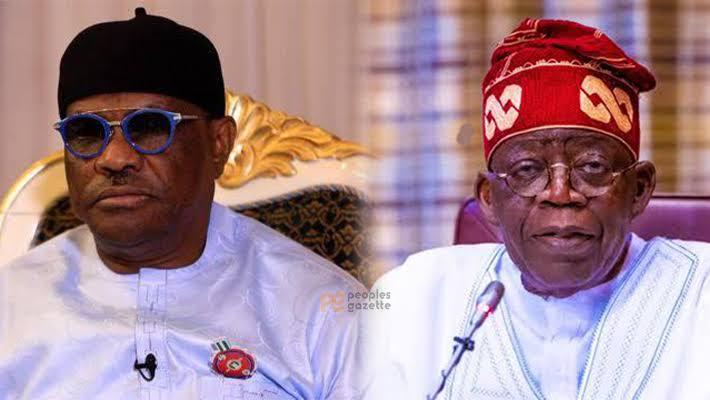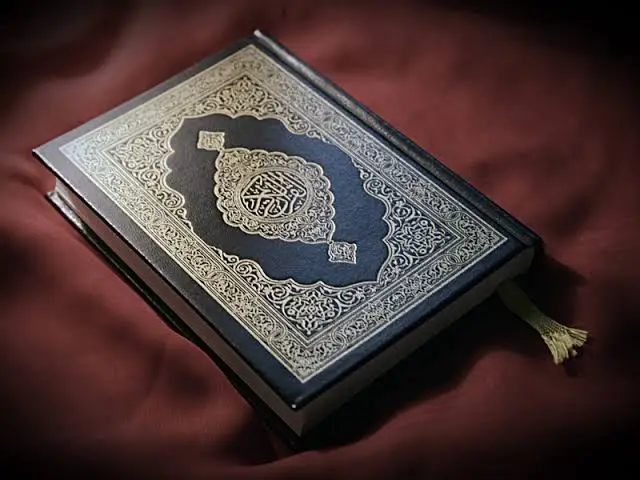UN Security Council Rejects China-Russia Bid to Extend Iran Sanctions Relief

The United Nations Security Council has rejected a resolution by Russia and China that sought to extend sanctions relief for Iran’s nuclear program, setting the stage for the automatic reimposition of sanctions under the “snapback” mechanism of the 2015 nuclear deal.
The vote, held just before the deadline, ended with only four countries in favor, nine against, and two abstentions—far short of the nine votes needed to pass. With the rejection, UN restrictions that had been lifted under the Joint Comprehensive Plan of Action (JCPOA) will now come back into force.
What the Decision Means
The sanctions to be reimposed include:
- A ban on the transfer of conventional arms to and from Iran
- Restrictions on ballistic missile development and related technology
- Renewed limits on uranium enrichment and nuclear reprocessing activities
- Travel bans and asset freezes targeting individuals and entities tied to Iran’s nuclear program
For Western powers, particularly Britain, France, and Germany—the so-called E3—the decision underscores their claim that Iran has not met its commitments under the deal, especially in allowing full access to international inspectors.
How Different Sides Reacted
Iran has strongly condemned the move, calling it unjust and politically motivated. Tehran announced it would recall ambassadors from Britain, France, and Germany in response.
- China and Russia voiced regret at the outcome, saying diplomacy, not sanctions, is the path to resolving the issue.
- The U.S. and E3 governments welcomed the snapback, framing it as a necessary step to contain Iran’s nuclear ambitions.
Why It Matters
This development risks pushing Iran further away from the negotiating table. The snapback sanctions also complicate already strained relations between Tehran and Western powers, while potentially raising tensions in the Middle East.
The return of sanctions signals that the world has entered a new, more uncertain phase in managing Iran’s nuclear program—one that may test both international diplomacy and regional stability in the months ahead.








